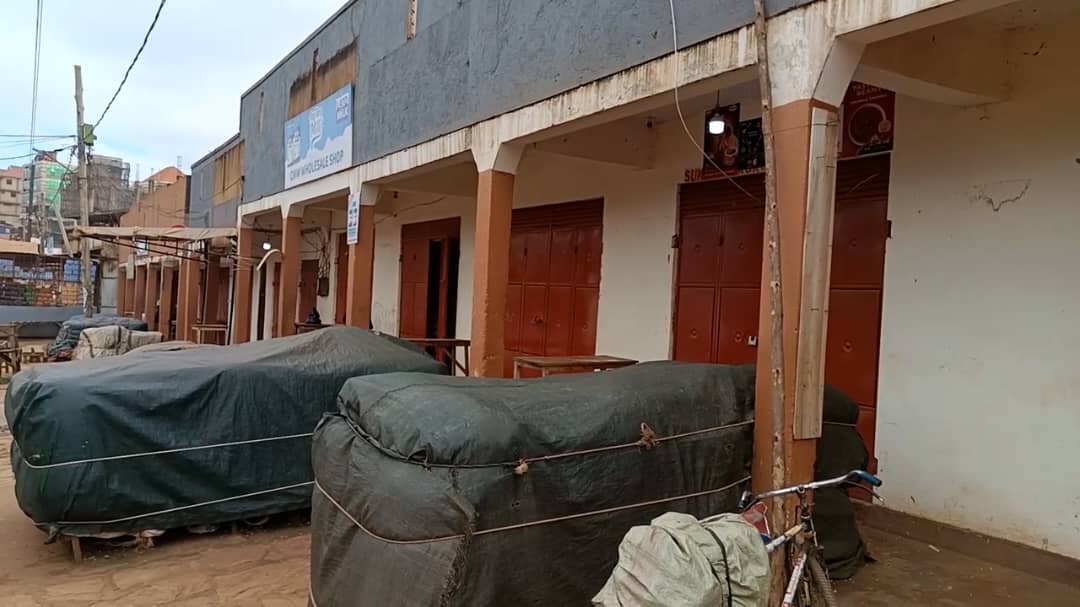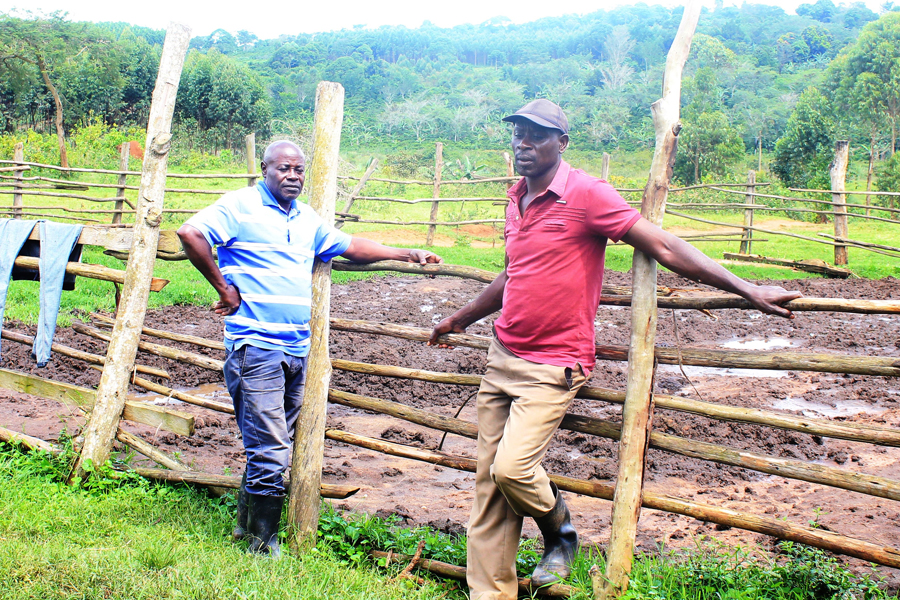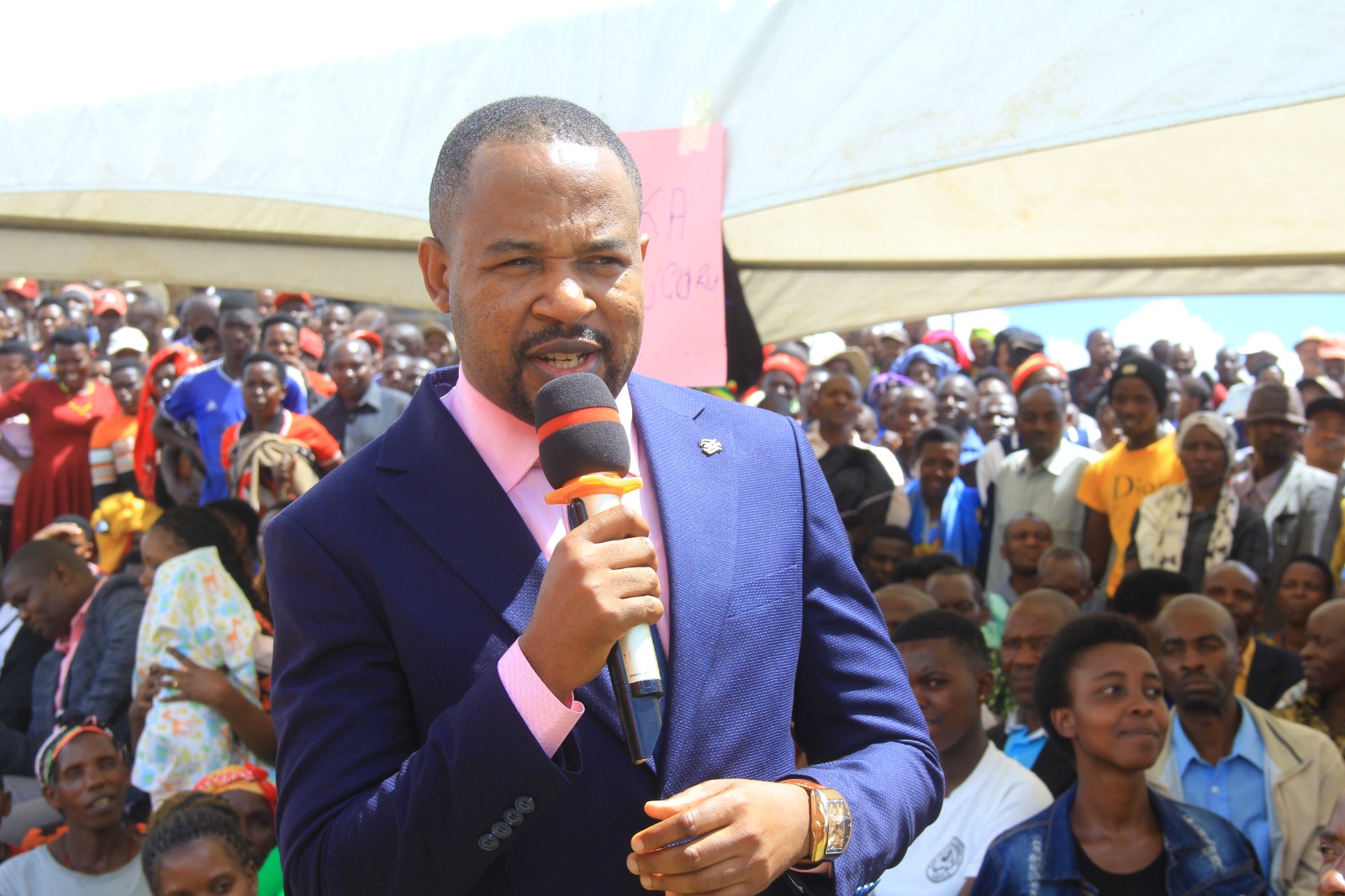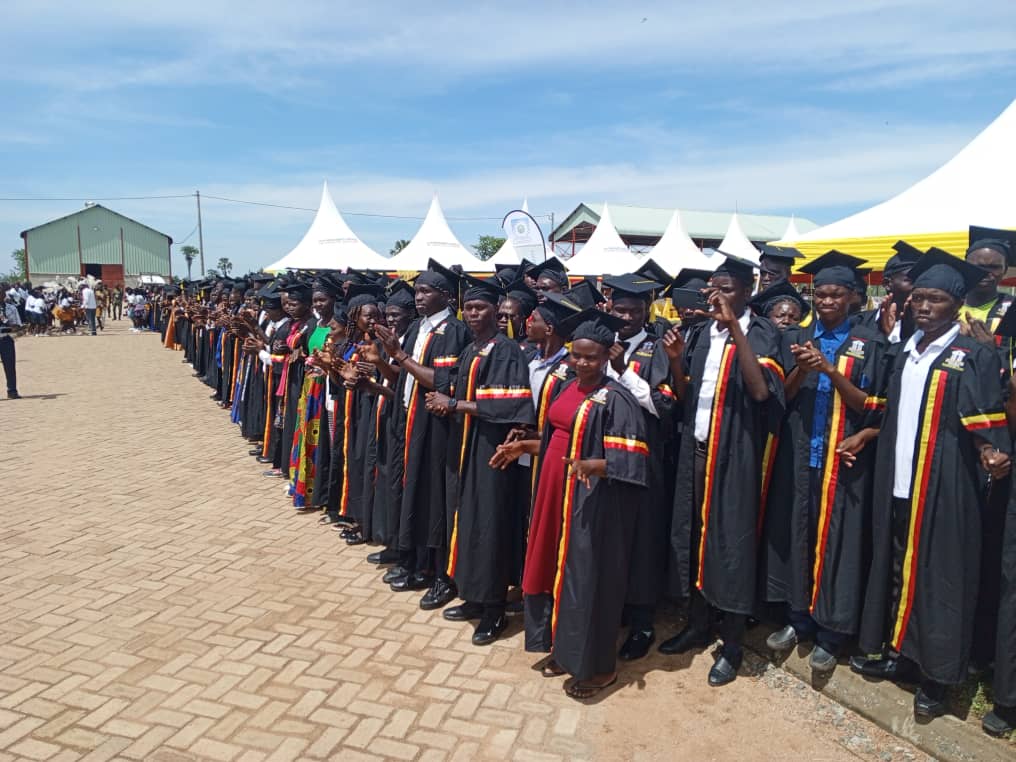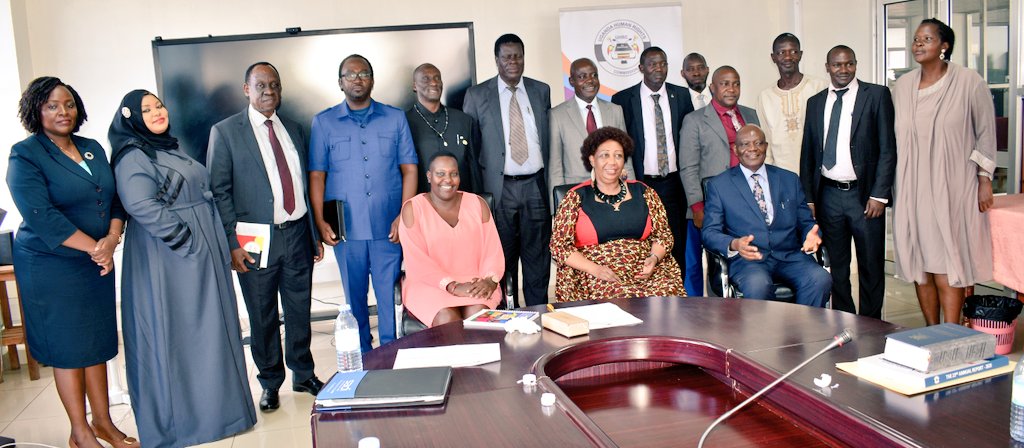OPINION: Evicting Bibanja holders violates their constitutional rights
SAM MAYANJA
The Constitution vests land ownership in the citizens of Uganda who hold it in accordance with the tenure system provided in the Constitution.
One of the tenure systems is the mailo.
The mailo was a creature of the law. First, as a result of the British indirect rule structure set out in 1900 Uganda Agreement and subsequently translated into legislation known as The Land Law 1908.
This legislation set out two forms of mailo holding, the official mailo and the private mailo. The official mailo being public land under the holding of public institutions like Saaza and Gombolola Chieftainships.
The private mailo owners were holdings by individuals who as at the 1900 Agreement were said to number around one thousand individuals.
The mass of other inhabitants held land at the will of these few individuals with no law put in place to define their status and the protection of their tenancy if any.
The newly created class of mailo landlords exercised their power of land owners by imposing a kind of tax on the landless citizens (busulu) composed of a percentage of the cash crops like cotton harvested by the landless peasants.
The Lukiiko which was wholly composed of Mailo landlords took steps to transform the busuulu informal tax into law by initiating proposals to increase the already unpopular payments to an amount of up to twenty percentage of the quantity of cotton grown by each landless peasant payable to the mailo landlord.
With no institutionalized forum through which their grievances could be chanelled and with no law to protect them, the landless peasants turned to their real cultural leaders to espouse their plight.
The cultural leaders known as Bataka organized themselves into a forum known as “the Bataka Association” which successfully articulated the peasants’ grievances.
The Bataka Association became an effective political weapon and even won some limited support from Kabaka Daudi Chwa, which support however, was thwarted by the Lukiiko which totally rejected any attempt at revising the 1900 Agreement.
With the Bataka movement threatening to make the colony ungovernable, the Protectorate authorities denounced the Lukiiko stance as “monstrous” and the Busuulu and Nvujjo system as “an oppressive burden on the landless class” and immediately moved to fill the lacuna (legal vacuum) by enacting the Busuulu and Envujjo Law which for the first time conferred legal status and protection of tenancy to bibanja holders.
The busuulu and nvujjo law came into force on 1st January 1928.
For the first time, the peasant’s were given protection of the law to remain in quiet possession of their Kibanja and would not be evicted unless a court having jurisdiction shall have tried the case and made an order of eviction.
The law also guaranteed the bibanja owners hereditary security of tenure putting them on equal status with mailo landlords.
 Evictions have affected
Evictions have affected
In addition, the inheritance, sale, or any other dealing in the mailo by the landlord would not affect the status of a kibanja holder. A peasant kibanja holder’s rights had accordingly been raised almost akin to that of a mailo owner.
The next naturally following constitutional development would be for the Bibanja holders to curve out land titles covering the acreage of the Bibanja occupied.
This constitutional evolution appears to have stalled because the Bataka movement agitating for the Bibanja holders rights, was temporarily satisfied with the achievement attained.
As for the rest of the Uganda Protectorate, the Buganda mailo mistake was not repeated and the substance of the 1928 Busuulu and Nvujjo law was stretched to the limit through the total elimination of busuulu and rooting out the fact of landlordship itself.
The 1962 Independence Constitution did not disturb this state of affairs and so did the 1967 Republican Constitution.
The exception was that under the 1967 Constitution, the bibanja holders under the official mailo (which had been constitutionally transferred to the administration of the Public Land Commission) opted to apply to the Uganda Land Commission through the District Land Boards to convert their Bibanja’s into leaseholds.
As a consequence, many former Bibanja holders on former official mailo especially of Masazas and Gombololas, are now holders of leasehold titles.
The 1995 Constitution, Article 237(5) confers a right to any citizen of Uganda who was granted a lease out of public land to convert it into Freehold. The Land Act Cap. 227 has put in place procedure by which a leasehold can be converted into a Freehold.
This constitutional development has legally fizzled out kibanja holding on former official mailo thus bringing to a successful end of the bibanja holders’ struggle covering a period of approximately one hundred years to gain constitutional security in perpetuity over their landholding.
It should be noted that even where the holder of a lease has not yet exercised his constitutional right to covert his lease into Freehold, Section 4.2 of the guidelines of the Administration of Land under the Land Act Cap. 227 stipulates that Renewal and extension of lease on initial and full term for all citizens is automatic.
The effect of this provision read together with Article 237(1), (3), (4) and (5) of the Constitution is that constitutionally all citizens are guaranteed the possibility of holding land in perpetuity.
Of course the arrangement under which the official mailo titles are now under the custody of a private limited company which has only one shareholder is at variance with the rights of those Ugandans who converted their bibanjas into leasehold and who have the constitutional right under article 237(5) to convert them into Freeholds.
The public invitation by this private company to those Ugandans who obtained leaseholds under the 1967 Constitutional dispensation to have their leasehold revalidated by that company is an affront to the constitution.
The only bibanja holders currently not enjoying the constitutional fruits of their ancestors’ decades of struggle are those bibanja holders who are on private mailo.
However, since mailo tenancy, private or public, was a creature of the law, Parliament has its work cut out for it to enact an appropriate law so that all citizens enjoy equal right of security of tenure in their own country.
Even before Parliament takes that step, these remaining Bibanja holders continue to be protected by the provisions of the Busuulu and Nvujjo law of 1926, the archaic provisions therein having been weeded out and now streamlining Kibanja holders as lawful occupants within Section 29(1)(a)(i) of the Land Act.
Within this scheme of things, all land evictions currently rampaging the country touching on Bibanja holders are a nullity in as far as they are inconsistent with the constitutionally guaranteed security of tenure of all citizens.
The author is a senior partner Kampala Associated Advocates
smayanja@kaa.co.ug www.kaa.co.ug


